
BLOG
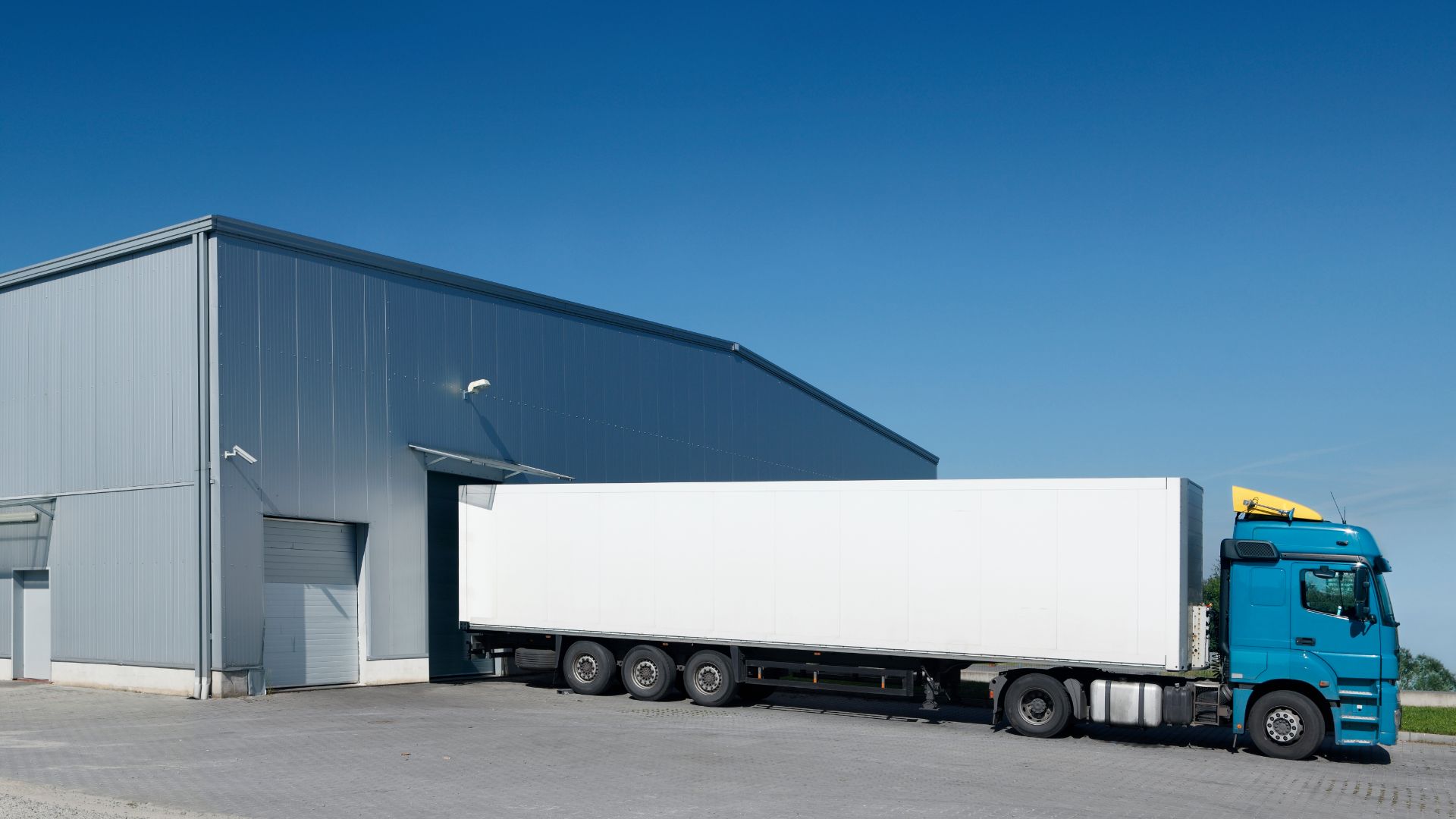
Finding the best warehouse in Los Angeles in 2024 can be a daunting task, given the city's vast size and diverse industrial landscape. With the growing demand for storage and logistical support, it's crucial to identify a warehouse that meets your specific needs. Whether you're looking for a warehouse in Los Angeles CA for rent, sale, or even a live-in option, this guide will help you navigate through the available options, understand the benefits, and make an informed decision.
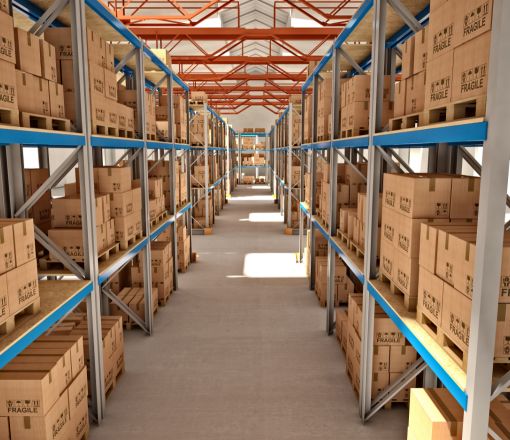
Los Angeles, the largest city in California, is a bustling hub of commerce and industry. Its strategic location on the West Coast makes it an ideal spot for warehousing due to its proximity to major shipping ports, railroads, and highways.
Los Angeles boasts a Mediterranean climate, with mild, wet winters and hot, dry summers. This climate is favorable for warehousing as it reduces the risk of weather-related damage to stored goods.
The best times to lease or buy a warehouse in Los Angeles are typically in the late spring and early fall. During these periods, the weather is stable, and there is less competition in the real estate market, potentially leading to better deals.
These are the most common types of warehouses, used for storing goods, raw materials, and machinery. They are typically located in industrial zones.
Designed for the rapid movement and distribution of goods, these warehouses often feature advanced logistical systems and proximity to major transport routes.
These specialized warehouses maintain a low temperature to store perishable goods like food and pharmaceuticals.
A combination of warehouse and office space, flex spaces are ideal for businesses that need both storage and administrative areas.
These warehouses include a display area for showcasing products alongside storage space.
Los Angeles' position as a major gateway to the Pacific Rim offers unparalleled access to international markets, making it a prime location for warehousing.
The city boasts state-of-the-art infrastructure, including one of the busiest ports in the world, extensive rail networks, and major highways.
From cheap warehouse space for rent in Los Angeles 500 square feet to large-scale industrial properties, the city offers a wide range of warehousing options to suit different needs and budgets.
Los Angeles is home to a diverse and skilled workforce, providing ample labor for warehousing and logistics operations.
Various state and local economic incentives are available to businesses operating in Los Angeles, including tax breaks and grants for warehouse development.
One of the main challenges of warehousing in Los Angeles is the high cost of real estate. Prices can be prohibitive, especially for small businesses.
Los Angeles is notorious for its traffic congestion, which can impact the efficiency of logistics operations.
Strict environmental regulations in California can pose additional challenges and costs for warehousing operations.
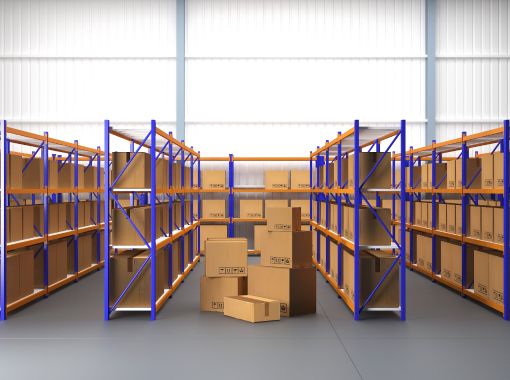
Modern warehouses in Los Angeles are increasingly incorporating automation and robotics to enhance efficiency and reduce labor costs.
There is a growing trend towards green warehousing, with facilities incorporating renewable energy sources and sustainable practices.
The use of IoT (Internet of Things) devices and AI (Artificial Intelligence) is revolutionizing warehousing operations, providing real-time data and analytics for better decision-making.
The rise of e-commerce is expected to drive further demand for warehousing in Los Angeles, particularly for distribution centers and last-mile delivery hubs.
Continued advancements in technology, such as AI and blockchain, will likely lead to even more efficient and secure warehousing solutions.
With the growing importance of logistics, investment in warehouse infrastructure in Los Angeles is expected to increase, leading to more and better facilities.
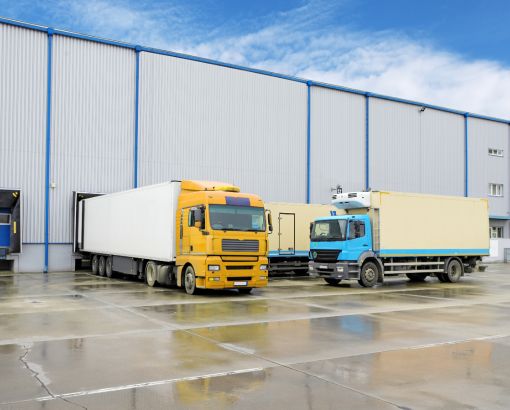
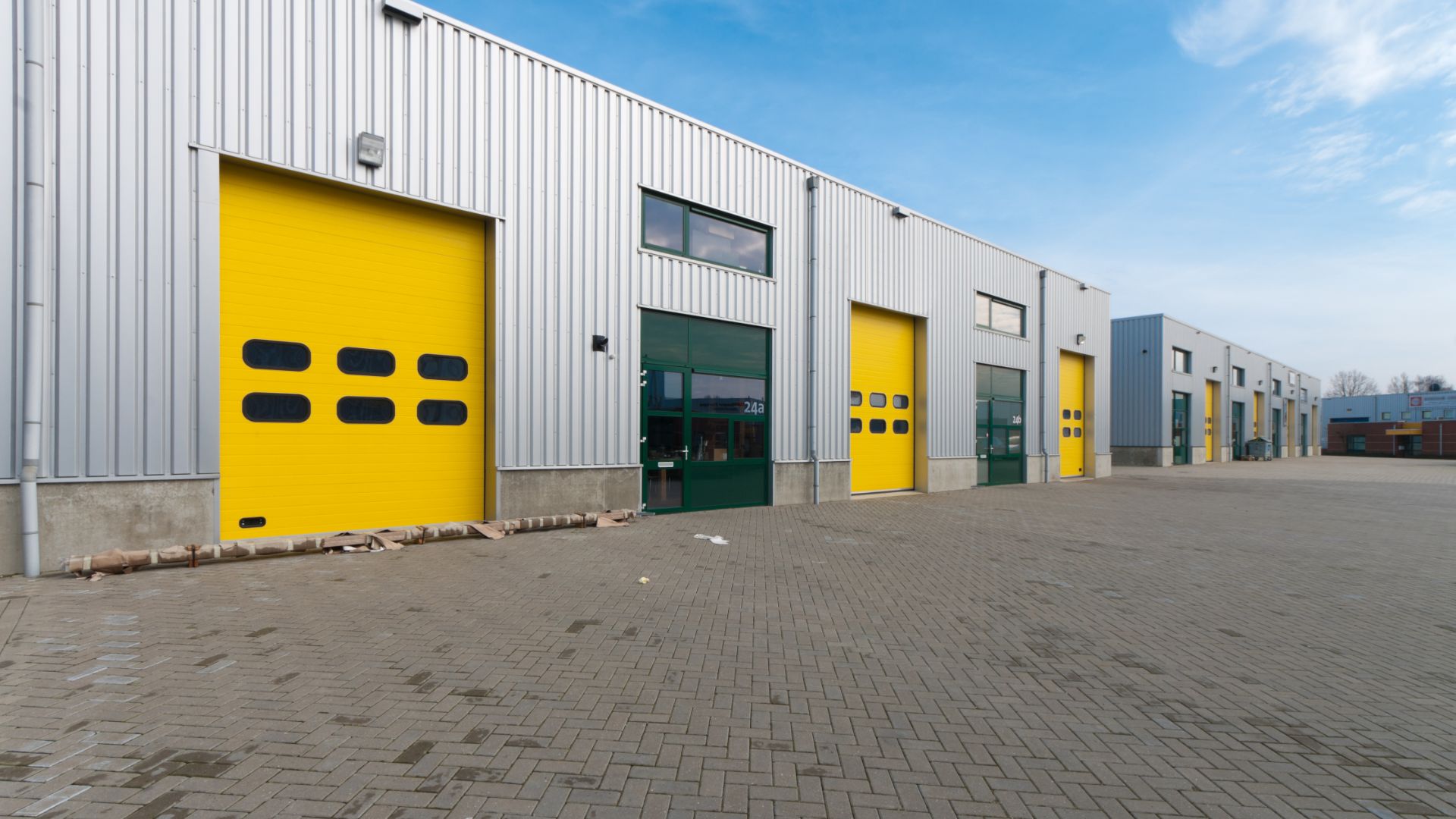
Compared to other major cities like New York and Chicago, Los Angeles offers unique advantages in terms of location and infrastructure. However, it also faces challenges like higher costs and traffic congestion.
Renting a warehouse in Los Angeles offers flexibility and lower upfront costs, while buying can be a good long-term investment but requires significant capital.
Identify Your Needs - Determine the size, type, and location of the warehouse you need.
Set a Budget - Establish a budget that includes rent, utilities, and other expenses.
Search Listings - Use online platforms like Craigslist to find available warehouses.
Visit Properties - Schedule visits to inspect potential warehouses.
Negotiate Terms - Negotiate lease terms, including rent, duration, and any additional costs.
Conduct Market Research - Understand the current market conditions and prices.
Find a Real Estate Agent - Hire a local real estate agent specializing in industrial properties.
Secure Financing - Obtain financing through a bank or other financial institution.
Inspect the Property - Conduct a thorough inspection of the warehouse.
Close the Deal - Finalize the purchase agreement and close the deal.
Finding the best warehouse in Los Angeles in 2024 involves understanding your needs, navigating the local real estate market, and considering factors like location, cost, and amenities. Whether you need a warehouse in Los Angeles CA for rent or sale, the city's strategic advantages and diverse options make it an ideal location for warehousing. By leveraging modern innovations and staying informed about market trends, you can find a warehouse that meets your needs and supports your business growth.
Renting offers flexibility, lower upfront costs, and the ability to scale up or down based on your business needs.
Search online listings, work with a local real estate agent, and consider less popular areas of the city to find more affordable options.
Consider factors like location, size, condition, amenities, and price. Ensure the property meets your business needs and budget.
Yes, some warehouses are zoned for live-work use, but you'll need to check local zoning laws and regulations.
Strict environmental regulations in California can increase costs and impose additional operational requirements, but they also promote sustainability and efficiency.
Copyright - All Rights reserved © Dlxpress
Powered by ITPL
